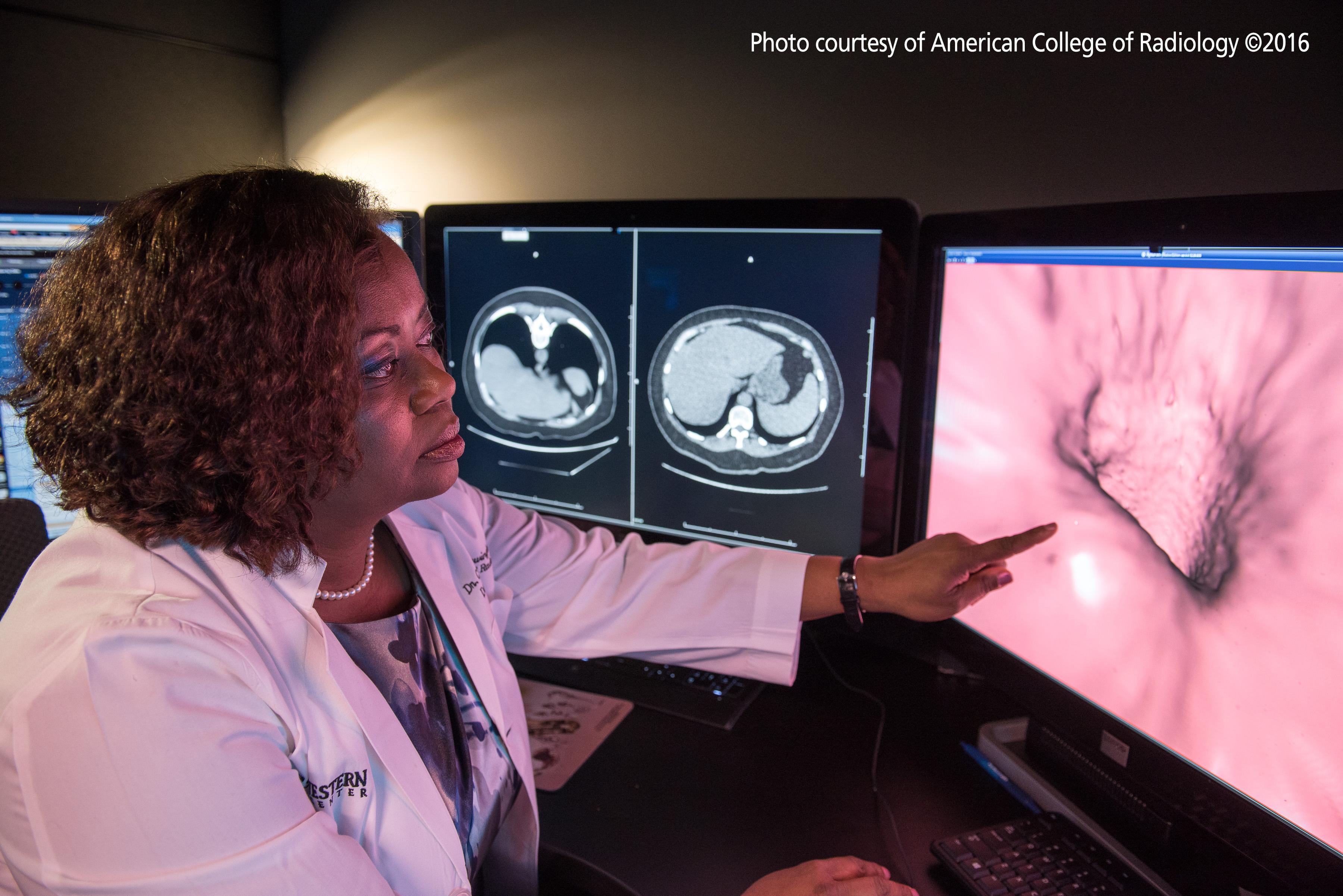Medicare Now Covers Less Invasive Colorectal Cancer Tests
 (NewsUSA)
(NewsUSA) - Expanded Screening Coverage Can Reduce Needless Deaths
- Expanded Screening Coverage Can Reduce Needless Deaths
Colorectal cancer deaths are declining, but shocking regional, racial and ethnic disparities remain. According to the American Cancer Society, Latinos in the United States are more likely to die from colorectal cancer than those in many Central and South American countries, and death rates among Black men and women are 40% higher than their white counterparts. Rural residents are also far more likely to die from this often-preventable disease than those in urban areas. Much of this is due to lack of screening.
Colorectal cancer care groups, minority healthcare advocates and doctors have long held that virtual colonoscopy, or CT Colonography, can overcome cultural stigmas and anxiety associated with this screening. In January, Medicare began covering virtual colonoscopy – which uses a CT scanner to generate 3D, moving images of the colon that doctors examine for signs of cancer and for precancerous polyps, which can be removed before they become cancers.
“Patients should have a choice in their screening options,” said Anjee Davis, MPPA, CEO of Fight Colorectal Cancer. “It’s important to consider the whole patient—their preferences, comfort, and what they feel is the best fit for them. For some, it might be a virtual colonoscopy or another less-invasive screening option.”
At least 53,000 people in the U.S. still die from colorectal cancer each year. Virtual colonoscopy use is growing most quickly among Black Americans and Latinos. Many experts think more covered exams can convince the 30% of US residents who should be screened, but choose not to, to get tested.
“Affordability and accessibility are critical factors in determining whether a person will get screened for colorectal cancer. Improving access and choice for more people can help save lives and bring us closer to ending the disease in our lifetime," said Michael Sapienza, CEO of the Colorectal Cancer Alliance.
The Affordable Care Act requires private insurers to cover the exam. CIGNA, UnitedHealthcare, Anthem Blue Cross Blue Shield, Aetna and other large insurers have covered these tests for years.
Preparation for virtual and standard colonoscopies is the same, but the virtual test is far less invasive and does not require sedation. It is over in minutes. A person does not need to get a ride to or from the exam and can return to daily activities.
“Many in low-income communities, including single parents, can’t afford to take a day off work, and may not have reliable transportation or childcare,” said Cecelia Brewington, MD, Chair of Medical Imaging at Ochsner Health System, New Orleans. “Being able to go back to work afterward may determine whether that person gets tested – which can ultimately save their life.
Virtual colonoscopy is recommended by the American Cancer Society for those at average colorectal cancer risk, with no family history of the disease or other major gastrointestinal issues. President Obama had a virtual colonoscopy while in office.
“Medicare covering virtual colonoscopies enables more people to be screened, allows doctors to remove more polyps before they become cancers and helps people avoid getting this disease altogether. This will save lives,” said Judy Yee, MD, chair of the American College of Radiology Colon Cancer Committee, and Professor and Chair of Radiology at Montefiore Health System and Albert Einstein College of Medicine, Bronx, NY.
Those ages 45 and older should talk to their doctor about which exam works best for them.
More information is available at RadiologyInfo.org/virtualct.
More News
View More




Recent Quotes
View MoreQuotes delayed at least 20 minutes.
By accessing this page, you agree to the Privacy Policy and Terms Of Service.